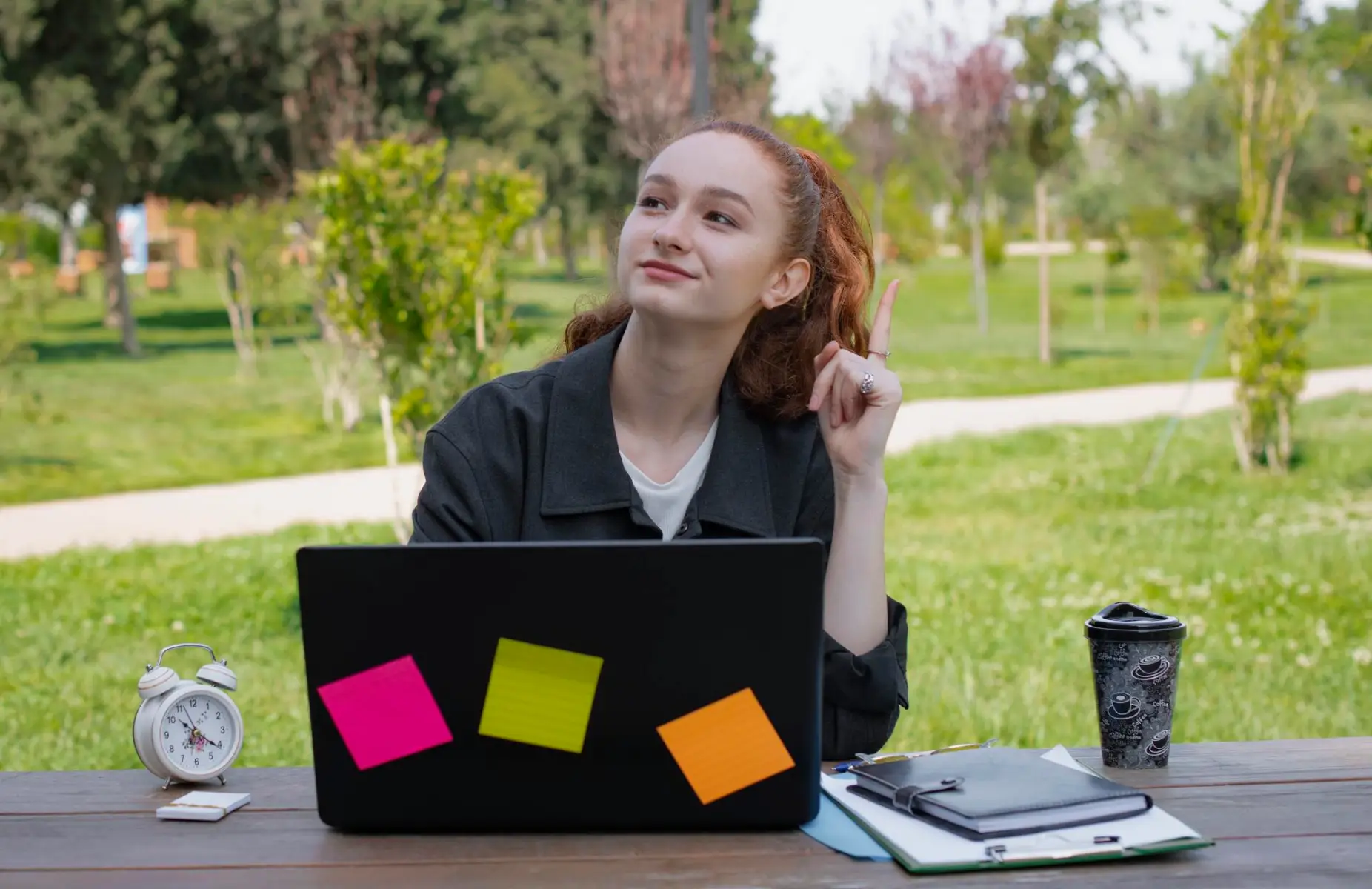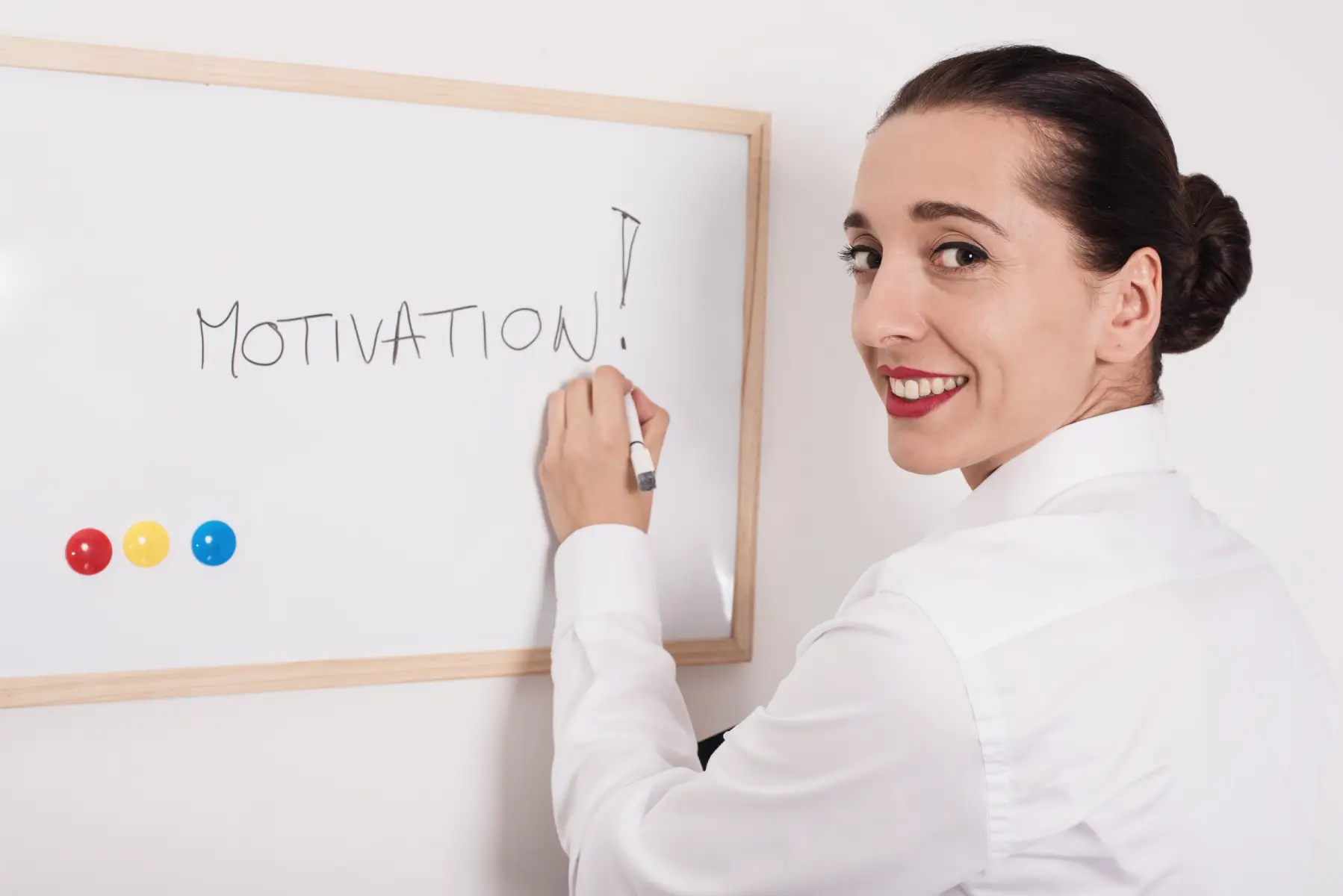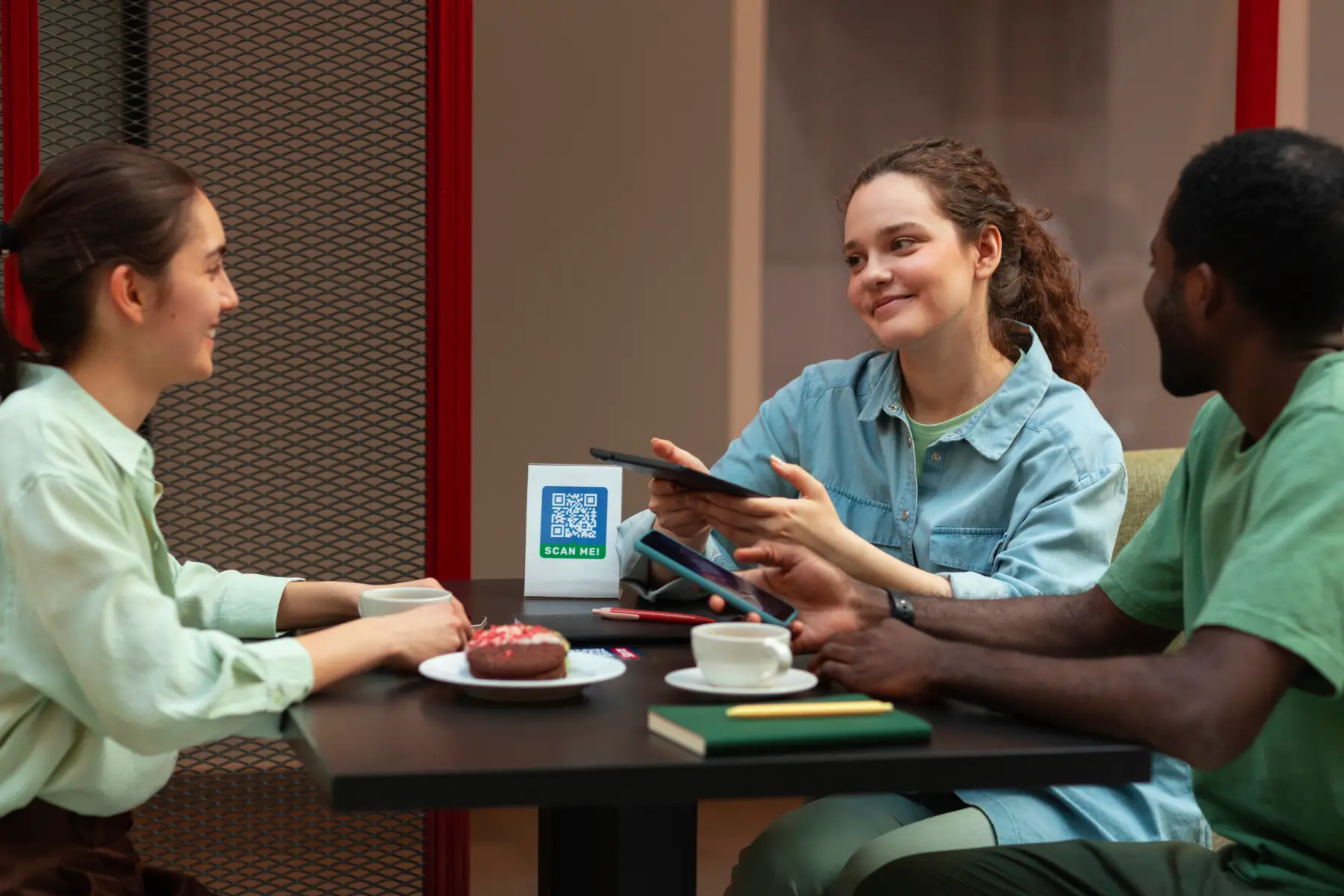Executive Summary
Education and the act of learning are cornerstones of human development. As educators, psychologists, and learners continue to strive for better outcomes, understanding how learning occurs remains critical. One approach that has garnered significant interest is the Mediated Learning Experience (MLE). Rooted in the transformative work of psychologist Reuven Feuerstein, MLE examines how interactions between a learner and a mediator (teacher, parent, or peer) can actively shape cognitive growth and learning potential. Instead of treating learners as passive recipients of information, this approach emphasises the quality of interaction and how it mediates the learner’s ability to process and understand the world.
This whitepaper explores the concept of mediated learning experience, analysing its key principles, the psychology underpinning it, its applications, and its role in unleashing the hidden potential within learners. It offers insights into how MLE can be used in diverse educational and professional environments to foster critical thinking, problem-solving, and long-term cognitive flexibility.
Introduction
Every human being learns and adapts to their environment through experiences that shape their understanding of the world. However, learning is not solely an individual process. It occurs in a broader context of relationships, social interactions, and shared experiences. The Mediated Learning Experience (MLE) stems from the belief that learning is most effective when guided by a mediator who actively interprets and reshapes the learner’s environment, facilitating the development of higher-order thinking and problem-solving skills.
MLE moves beyond traditional instruction-based learning models. Instead, its emphasis lies in how learning is mediated, focusing on the role of meaningful interactions in fostering cognitive and emotional development. With the rise of a knowledge-driven society and the growing demand for adaptable learners in the 21st century, the relevance of MLE is ever-increasing. This whitepaper delves into the psychology behind mediated learning, presenting MLE as an indispensable framework for understanding and enhancing human learning potential.
Defining Mediated Learning Experience
The Mediated Learning Experience (MLE) is a dynamic learning model introduced by Dr Reuven Feuerstein, a leading figure in cognitive psychology. It addresses the notion that intelligence is modifiable and that cognitive development can be achieved through intentional mediation.
Key Idea: Mediating Cognitive Growth
Unlike traditional learning methods where the learner interacts passively with stimuli, the MLE model proposes that a mediator intervenes to help the learner understand, interpret, and apply information. The mediator filters stimuli from the environment, guiding and tailoring the learning process to strengthen mental processes such as analysis, reasoning, and adaptability.
Components of MLE
MLE operates on structured interactions between three key elements:
- The Learner: An active participant whose potential for learning is shaped through guided experiences.
- The Mediator: A teacher, peer, or parent who facilitates interactions that promote critical reflection and understanding.
- The Stimulus: Objects, events, or problems presented to the learner, modified by the mediator to enhance relevance and understanding.
This triangular relationship makes MLE a distinct and highly interactive theory of learning development.
The Psychology Behind Mediated Learning
MLE is grounded in psychological principles that focus on human potential and the ability of individuals to change and adapt cognitively. Key theories supporting this framework include:
1. Feuerstein’s Theory of Cognitive Modifiability
Feuerstein argued that intelligence is not fixed; rather, it is malleable and can be enhanced through targeted learning experiences. Cognitive modifiability suggests that with the right intervention, even those labelled as “low-performing learners” or those with cognitive impairments can improve their intellectual capacities.
Key Feature: The mediator plays a central role in identifying cognitive weaknesses and introducing strategies to strengthen them.
2. Vygotsky’s Zone of Proximal Development (ZPD)
Vygotsky’s ZPD provides a complementary framework, highlighting the importance of learning through social interactions. It defines the “zone” as the distance between what a learner can do independently and what they can achieve with guidance.
MLE addresses this zone by having mediators guide learners to stretch their abilities beyond natural limitations.
3. Attention to Dynamic Assessment
MLE integrates dynamic assessment as part of its design. Traditional education systems focus on static assessments — fixed tests that measure what a learner knows at a given point. By contrast, MLE aligns with dynamic assessments to evaluate how learners respond to mediation, reflecting their ability to grow and adapt cognitively.
Core Principles of Mediated Learning Experience
MLE revolves around specific principles that distinguish it from other learning paradigms. Below are the central principles that define the mediated learning approach:
- Intentionality and Reciprocity: Learning experiences must be deliberate. The mediator’s role is to craft experiences with clear intentions for cognitive development. At the same time, learners should reciprocate by engaging actively with the mediator to co-construct knowledge.
- Meaningful Interaction: MLE prioritises meaningful interactions centred on emotional resonance and cognitive stimulation. This ensures that the learner does not simply absorb but deeply engages with the ideas presented.
- Challenge and Regulation: The mediator challenges the learner to confront complex ideas or difficult problems but ensures the experience remains within a manageable framework. By scaffolded guidance, learners develop emotional resilience alongside intellectual ability.
- Mediating Learning Transfer: Instead of limiting learning to solving isolated problems, MLE fosters the capacity to transfer insights to diverse contexts. This approach ensures that learners develop flexibility and adaptability in approaching unfamiliar challenges.
- A Continuous Process: MLE is built on the understanding that learning is an ongoing journey, requiring patience, repeated dialogue, and customised guidance. This iterative process fosters long-term cognitive growth.
Benefits of Mediated Learning
Adopting an MLE framework for education, professional training, or therapeutic work leads to profound changes within learners, educators, and environments.
Benefits for Learners
- Enhanced Problem-Solving Skills: MLE equips learners with tools to evaluate, analyse, and approach challenges critically.
- Growth in Emotional Intelligence: Engaging in meaningful, guided interactions improves self-awareness and empathy for others’ perspectives.
- Overcoming Cognitive Obstacles: Learners previously inhibited by personal limitations or deficiencies develop confidence through targeted, adaptive mediation.
Benefits for Mediators and Educators
- Improved Facilitation Skills: MLE trains mediators to identify and address subtle cognitive gaps in learners.
- Fostering Engagement: By crafting meaningful connections, mediators can drive sustained learner interest and interaction.
Benefits for Organisations and Communities
- Workforce Resilience: In training environments, MLE fosters creative and critical thinking among teams.
- Conflict Resolution: Applying mediation principles to group dynamics promotes harmonious social exchange and collaboration.
Applications of Mediated Learning Experience
MLE’s flexibility means it can be applied across a range of contexts, from education to healthcare and team-building in organisations.
1. MLE in Education
Classroom Examples:
– Language Learning: Teachers mediate by contextualising grammar rules using meaningful stories or visual prompts.
– STEM Subjects: Rather than focusing solely on problem-solving accuracy, educators encourage reflection on problem-solving approaches.
By grounding education in reflection and interaction, learners gain deeper insight into their subjects.
2. MLE in Therapy for Cognitive and Developmental Challenges
Children and adults with developmental disorders, learning delays, or neurological differences benefit significantly from MLE. Therapists act as mediators, designing interactions to foster emotional regulation, memory, and reasoning.
Example: Children with autism spectrum disorders (ASD) improve social learning by engaging with mediators who scaffold real-world scenarios empathetically.
3. MLE in Professional and Organisational Training
The rise of MLE principles in corporate learning highlights its relevance for skills like leadership, communication, and critical decision-making. Mediation ensures employees learn to adapt knowledge across dynamic work environments.
Example: A collaborative reflection exercise mediated by team leaders fosters meaningful discussion after project setbacks.
Challenges in Implementing MLE
While MLE holds transformative potential, adopting it involves certain challenges:
- Training and Resources: Effective mediation requires that educators, coaches, or therapists be adequately trained in the techniques of MLE.
- Time-Intensiveness: Tailoring learning experiences for individuals is more time-intensive than traditional instructional approaches.
- Learner Resistance: Some participants may initially struggle to adapt to the reflective, interactional style of MLE.
Nonetheless, overcoming these barriers yields long-term cognitive and emotional benefits for all stakeholders.
The Role of Technology in MLE
Technology offers modern tools to amplify mediated learning experiences. By leveraging innovations in digital education, MLE can move beyond confined classrooms or offices.
- Interactive Apps: Platforms designed with MLE principles engage learners in scaffolding exercises that stimulate cognitive development.
- Virtual Reality (VR): Immersive virtual environments serve as adaptable learning spaces that mediators can curate for reflective exploration.
- AI Personalisation: Artificial Intelligence models provide tailored feedback to learners, helping mediators identify nuances in learning styles.
The integration of technology with MLE enhances accessibility and increases the scale of its applications worldwide.
Conclusion
The Mediated Learning Experience (MLE) represents a shift in how we view the psychology of learning. It is not about merely acquiring knowledge but about deepening our ability to think, reflect, and meaningfully interact with the challenges we encounter.
Through its transformational principles, including intentional mediation, meaningful interaction, and cognitive adaptability, MLE fosters human potential across contexts. Whether applied in schools, therapy, or organisations, MLE has the power to revolutionise how we learn, creating not only more informed individuals but also more resilient and empathetic societies.
Adopting and integrating MLE into frameworks of education and development is not only timely but essential. As we look to the future of learning in a complex world, the tools provided by mediated learning offer pathways to unlock untapped intellectual and emotional potential.










